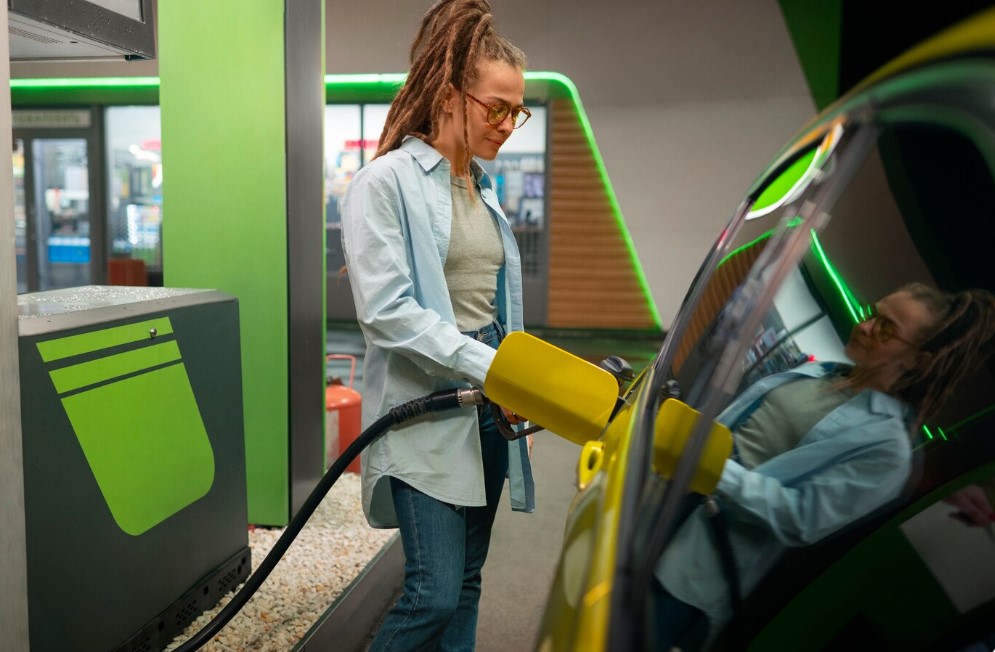The surge in electric vehicle (EV) adoption is revolutionising the automotive landscape—and creating a pressing need for qualified electricians skilled in EV charging station installation and maintenance. As governments and businesses invest in charging infrastructure to meet zero-emission targets, electricians who master these specialised skills will be at the forefront of a booming market.
The Opportunity: A Rapidly Growing Market
According to the IEA Global EV Outlook (June 11, 2025), EV stock surpassed 15 million worldwide in 2024, and annual sales continue to climb. This momentum is mirrored by projections from Grand View Research, which estimate that the global EV charging infrastructure market will expand at a CAGR of 25.5% from 2025 to 2030 (Grand View Research, June 2025).
Such explosive growth translates into:
- Residential Demand: Homeowners installing wall-mounted chargers for convenient overnight charging.
- Commercial and Workplace Installations: Offices, retail parks, and residential developments equipping parking areas with multiple charge points.
- Public Fast-Charging Hubs: Highway service stations and urban charging plazas requiring high-power, rapid-charge units.
Each installation type demands distinct technical competencies—ranging from heavy-duty wiring and load-management strategies to networked payment systems and grid-integration controls.
Key Skills and Certifications
To thrive in this emerging sector, electricians must acquire both foundational electrical expertise and EV-specific knowledge:
- Load Assessment & Circuit Design
- Properly sizing cabling and protective devices to handle charging currents (often 7 kW to 350 kW) is critical. You’ll learn to calculate diversity factors, phase balancing, and integration with existing consumer units.
- Equipment Installation & Commissioning
- Hands-on skills include mounting charging units, terminating power cables, installing residual current devices (RCDs), and configuring on-board controls. Commissioning processes often involve network connectivity tests and firmware updates.
- Smart Charging & Load Management
- Advanced installations integrate load-balancing systems that optimise power distribution across multiple chargers—essential for commercial sites looking to minimise demand-charge penalties.
- Regulatory Compliance & Safety
- Installations must adhere to BS 7671 standards and EV-specific guidance documents (e.g., O-Z-EH publication on EV charging). Safe isolation procedures and earth fault protection are non-negotiable.
- Ongoing Maintenance & Troubleshooting
- Understanding diagnostic codes, replacing faulty connectors, and updating software ensure reliable long-term operation for end users.
Elec Training’s Pathway to EV Charging Expertise
At Elec Training, we’ve designed our electrician course framework to incorporate modules on EV charging technology and smart-grid interfaces. Whether you’re new to the trade or a seasoned professional, you’ll benefit from:
- Theoretical Foundations: In-depth coverage of power electronics, three-phase supply systems, and charging standards (IEC 61851).
- Practical Workshops: Simulated installations of various charger types—Mode 2, Mode 3, and fast-charging DC units—using live hardware and diagnostic tools.
- Case Studies: Real-world scenarios tackling multi-unit residential installs and public charging hub deployments.
For those aiming to formalise their qualification and supervise installations independently, our nvq level 3 electrical programme offers competence-based assessments that now include EV charging-specific units. You’ll gather on-site evidence—under the guidance of experienced assessors—to demonstrate mastery of both traditional electrical installations and EV charging requirements.
Career Paths in EV Infrastructure
Electricians with EV charging credentials can pursue a range of in-demand roles:
- EV Charging Installer: Focusing on domestic and small commercial installations.
- Electrical Project Coordinator: Overseeing large-scale charging network roll-outs, liaising with utility providers and site managers.
- Maintenance Technician: Providing ongoing servicing contracts for corporate and public charging stations.
- Technical Consultant: Advising developers and local authorities on charger selection, load-management strategies, and renewable-integration options.
As public and private sector investment continues, these positions offer competitive remuneration and the chance to shape the green transport infrastructure of tomorrow.
Seize the Charge
The EV revolution is accelerating, and the need for trained electricians is at an all-time high. By enrolling in Elec Training’s comprehensive electrician course and advancing through our specialised nvq level 3 electrical pathway, you’ll gain the expertise to power the future of transport.
Equip yourself with the skills—and the certification—to thrive in a market set to expand by more than a quarter each year. Join Elec Training today and become a certified EV charging specialist.



